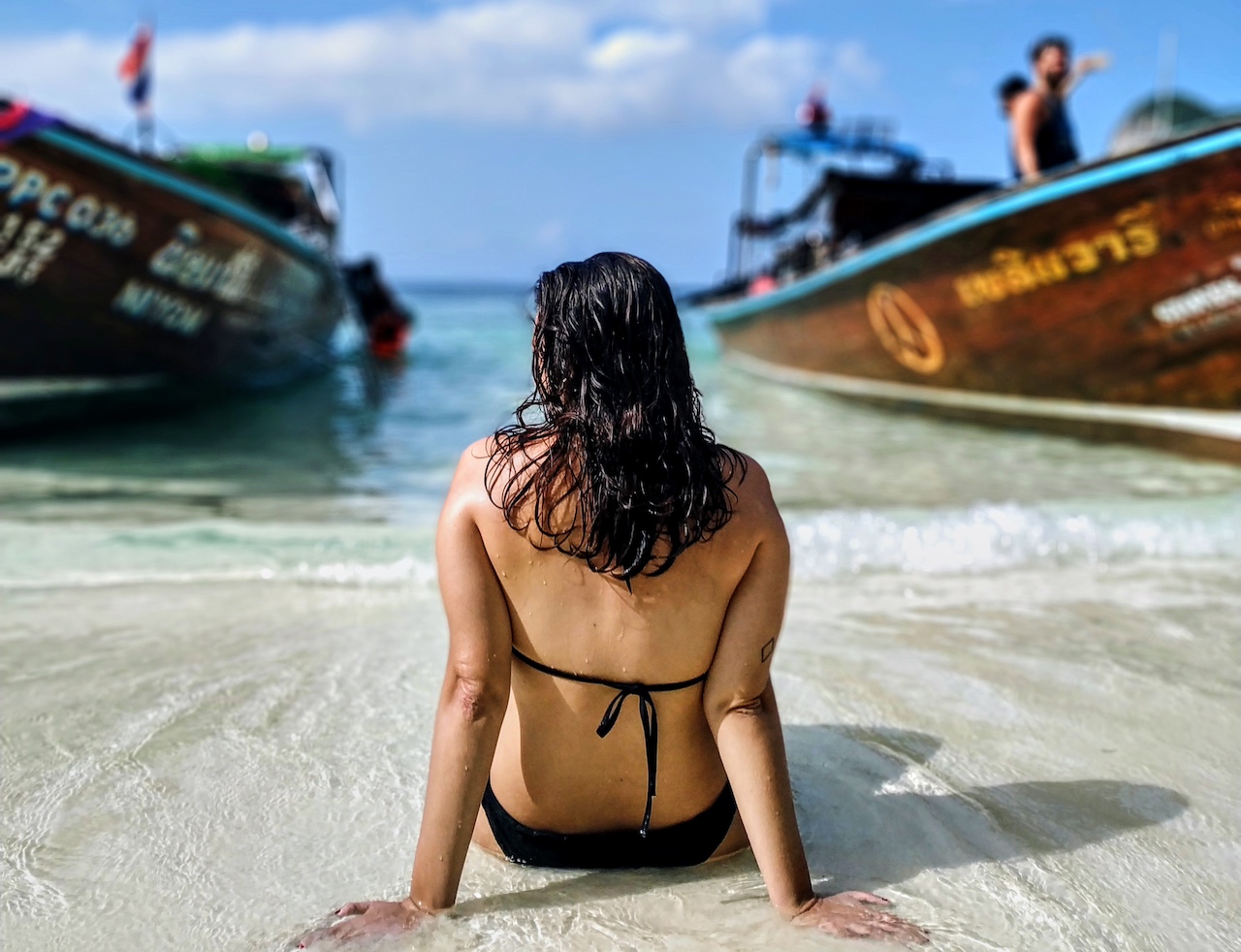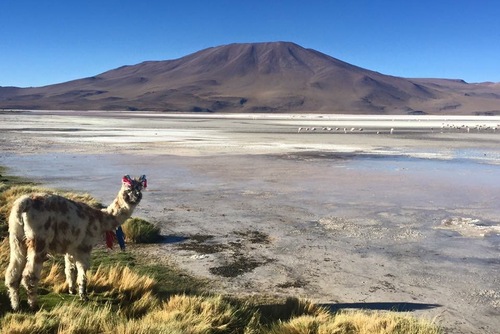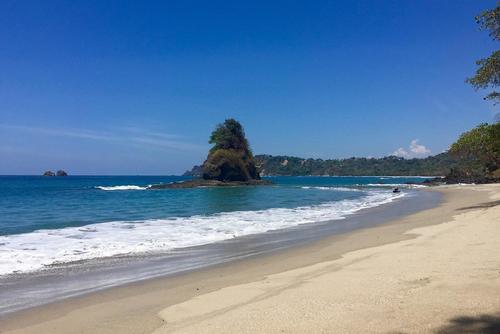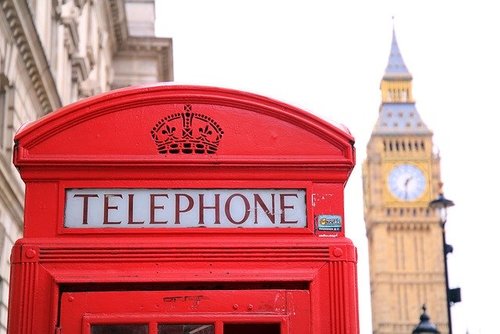However, some can also be pretty extreme, the sell-all-of-your-belongings-and-leave-home-for-three-years kind of extreme.
For those of us who don’t feel entirely comfortable with the dreadlocked, possession-less lifestyle, it can feel like an all or nothing decision: do we give up the kind of lives we’ve dreamed about, relationships, material goods, and all, or do we opt out of traveling? Luckily, there is a middle road, a way to have your cake and eat it too. Below our featured travel writer Amelia Conrad's shares her two cents:
As a recent college grad sans trust fund, budget is a word with which I am intimately familiar. Not only do I need to start paying off my student loan debt, I’m also planning my wedding and applying to graduate school. It would be easy to get stuck in a soulless, 9-to-5 job, but instead I’m spending a month in Portugal and Spain, living the dream more or less.
Here’s how:
1. Make Travel a Priority
Travel is expensive. So are nice cars, big TVs, and dinners out.
If traveling is important to you, evaluate your lifestyle and choose which other expenses can be trimmed so that you can invest in what really matters to you.
If you find the thought of giving up your bar nights with friends and your unlimited data plan more heartbreaking than giving up travel? Well, that’s okay, too.
Just determine what matters to you and embrace your decision. You can have the best of both worlds though with micro-investment apps to begin investing with little money.
You can generate additional funds without cutting back on all your favorite luxury splurges.
2. Speaking of Priorities…
Once you get on the road, setting priorities is still important. Unless you’ve got a sugar daddy footing the bill, you probably can’t stay in the finest hotels, eat at gourmet restaurants, and visit every site in the city.
Pick one or two focuses of your trip and limit your expenses in other areas. For me, clubbing isn’t my top priority this trip, but learning a language is so I’ve splurged on private lessons while minimizing my nights on the town.
Pursue what is important to you and trim the fat from other areas.
3. Safety Should Always be a Priority
No matter your budget, safety should always be one of your top priorities. Even though extra things like travel insurance might take money from your budget you should always buy it. We recommend getting covered with World Nomads who offer affordable worldwide policies. This could end up saving you a lot of money!
Always when on the road your welfare is more important than your budget so splurge on a cab home if you get stuck at a bar alone or switch to a slightly more expensive hostel if you feel uncomfortable in a dive you originally booked.
4. Be Flexible with Flights & Travel Itineraries
One of the easiest ways to cut hundreds of dollars from your travel bill is to be open to a variety of options. If where you go isn’t the be all, end all, look at flights to a variety of places, and on a variety of dates, and choose the least expensive. This isn’t always an option, but when choosing between several great places, you can save a lot of money and still have a wonderful adventure.
You should also always try to book flights well in-advance of your departure date as the prices are generally lower. Use a website like Skyscanner where you can search and compare flights from hundreds of airlines.
5. Stay in Budget Accommodation
If where you stay didn’t make your priority list, look for affordable alternatives to traditional hotels. Hostels are popular among young travelers and offer a social atmosphere and often built-in bars and restaurants, though sometimes accompanied by noise and a minimal level of cleanliness. To compare prices and reviews, check: Booking.com or HostelWorld.
My new favorite accommodation option is AirBnb, which allows you to rent houses, apartments, or single rooms directly from people living in the area. In Lisbon, I was able to rent a private room in an apartment with two other young women in a neighborhood where even a bed in a 10-person dorm-style hostel room would have been more expensive.
6. Reduce Your Food Bill
Another great thing about staying in a house or apartment (and sometimes hostels) is having access to a kitchen.
Shopping at a grocery store or market and cooking for yourself can save all kinds of money, just like it does back home. When you do have to eat out, pick small dishes like sandwiches or appetizers and fill up later when you are back at your homebase.
I usually save one or two nicer dinners out for the end of the trip to celebrate my adventure and once I know that I’ve stuck to my budget for the majority of my trip.
7. Go Light on the Drinking
Bar tabs can add up quickly. I’m not saying that you shouldn’t ever go out and have a good time, but being smart about how often and how you do it can save you a bundle.
Picking up a bottle of wine to enjoy with friends at your apartment or hostel is far cheaper than the same wine at a restaurant or bar. When you do head out for a night, make a plan beforehand about how much you want to spend.
Keep track of how much you’re spending and how many drinks you’ve had, both for the sake of your wallet and your own wellbeing.
8. Spend Some Time Wandering
I love this budget tip, because, in my opinion, it actually adds to my enjoyment of a trip!
Rather than always sticking to guided tour groups, hop-on-hop-off busses, or paid museum visits, spend a day or two wandering around the city on your own.
You’ll save money, get some exercise, and experience the city in a way you wouldn’t with a group. Going at your own pace allows you to stop for all the pictures you want, chat with locals, explore hidden treasures, and get a feel for the pace and atmosphere of the place.
9. Stick to One Spot for a While
While the classic European adventure may involve riding the train from one end of the continent to the other, that can get quite pricey.
If your budget can’t accommodate this type of go, go, go travel, you may find it surprisingly affordable to stay in one place for awhile. Besides the expensive plane ticket, apartment rental and groceries may not be much more than you’d pay at home.
This mode of travel allows you to really soak up the local environment and to experience a place in a deeper, more personal way in addition to sparing your budget. You can still incorporate daytrips, probably seeing some gems you might miss on a more fast-paced trip, but you can also take time to acquire a “usual” at a local café, learn a bit of the language, or discover the backroads.
10. Choose Adventure
No matter your budget, adventure is an option.
By embracing an attitude of optimism, you can learn to see opportunities for adventure, travel, and excitement everywhere. If you have to tent camp for the last three days of your trip because you’re low on cash? Make friends with the hippies nearby and celebrate with them by the light of a campfire.
If you can’t afford a plane ticket out of the country? Take a long weekend to roadtrip to a neighboring state or play tourist in your own hometown. Travel is just as much about attitude as location, and an adventurous spirit is attainable no matter your financial status.
By Amelia Conrad
Find ideas for your next trip...








